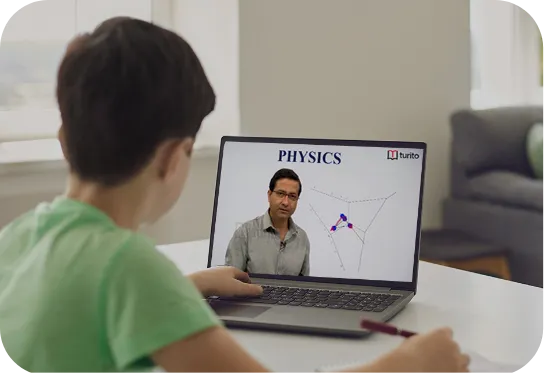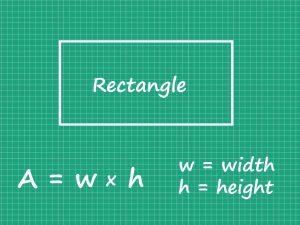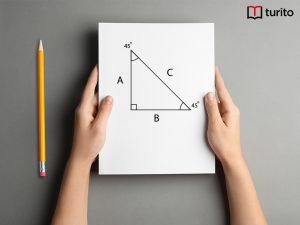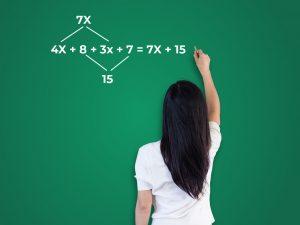Key Concepts
- Use partial products
- Use the standard algorithm
What are the 3-digit numbers?
100 to 999 are the 3-digit numbers.
100 is the smallest 3-digit number.
999 is the largest 3-digit number.
How to multiply a 3-digit number with a 2-digit number?
- Multiply by the number in the ones place.
- Put a zero below in the ones place.
- Multiply by the number in the tens place.
- Add them up.
For example, 324 × 46

Use partial products
Example 1:
In an auditorium, there are 493 rows with 14 seats in each row. How many seats are available?

Solution:
Multiply 493 × 14

6, 902 seats are available.
Example 2:
Lenin bought a school bag. A bag cost is $ 236. Find the cost of 47 such bags?

Solution:
Multiply 236 × 47

47 bags cost $11,092.
Use the standard algorithm
Example 1:
Charmin took her 735 students to the cricket stadium. Admission for each student was $24. What was the total amount of money needed?

Solution:
Step 1: To use the standard algorithm, first multiply by the ones, regroup as needed.

4 × 5 ones= 20 ones or 2 tens
4 × 3 tens = 12 tens
12 tens + 2 tens = 14 tens.
14 tens = 1 hundred 4 tens.
4 × 7 hundred = 28 hundreds.
28 hundred + 1 hundred = 29 hundred.
Step 2: Multiply by the tens regroup as needed.

20 × 5 ones =100 ones
20 × 3 tens = 60 tens or 6 hundred.
20 × 7 hundreds = 140 hundreds or 14 thousand.
Step 3: Add to get the final product

$17, 640 amount was needed.
Example 2:
Robert ordered 134 boxes of magnetics. There were 35 magnetic balls in each box. How many magnetic balls did he order?

Solution:
Step 1: To use the standard algorithm, first multiply by the ones, regroup as needed.

5 × 4 ones= 20 ones or 2 tens
5 × 3 tens = 15 tens
15 tens + 2 tens = 17 tens.
17 tens = 1 hundred 7 tens.
5 × 1 hundred = 5 hundreds.
5 hundred + 1 hundred = 6 hundred.
Step 2: Multiply by the tens regroup as needed.

30 × 4 ones =120 ones
30 × 3 tens = 90 tens or 9 hundred.
30 × 1 hundreds = 30 hundreds or 3 thousand.
3 thousand +1 thousand = 4 thousands.
Step 3: Add to get the final product.

Step 3: Add to get the final product.
He ordered 4,690 magnetic balls.
Exercise
- Find each product. Estimate to check your answer is reasonable.
a. 3 1 5 b. 4 9 6
× 7 7 × 1 6
_________ _________
_________ _________
- Use partial products to find the product.
a. 8 6 7 b. 5 4 8
× 6 3 × 8 6
_________ _________
_________ _________
- Use standard algorithm model to find the product.
a. 9 9 1 b. 5 4 0
× 4 4 × 5 1
_________ _________
_________ _________
- Determine the missing digit in the following multiplication.
a. 3 8 2
× __ 4
_________
16,808
_________
- Determine the missing digit in the following multiplication.

- Find the product. Estimate to check for reasonableness.
a. 3 7 2
× 4 3
_________
_________
- Last month bakery sold 345 boxes of cupcakes. Each box has 15 cupcakes. How many cakes did the store sell in the last month? Find 15 x 345.
- Sally shoots an arrow 130 yards. Flame shoots her arrow 12 times as far. How far did Flame’s arrow go
- Mother bought 35 large packets of spearmint bubble gum. If each packet contains pieces, how many pieces are there altogether?
- Laura sells home-made pizza sauce. If she uses 19 tomatoes to make one jar of sauce, how many tomatoes do she need to make 115 jars?
What have we learned
- Understand 3 digit numbers.
- Understand partial products.
- Multiplying 3-digit number by 2 digit numbers through partial product model.
- Identify the partial products.
- Multiplying 3-digit number by 2 digit numbers through standard algorithm model.
Concept Map

Related topics
Addition and Multiplication Using Counters & Bar-Diagrams
Introduction: We can find the solution to the word problem by solving it. Here, in this topic, we can use 3 methods to find the solution. 1. Add using counters 2. Use factors to get the product 3. Write equations to find the unknown. Addition Equation: 8+8+8 =? Multiplication equation: 3×8=? Example 1: Andrew has […]
Read More >>Dilation: Definitions, Characteristics, and Similarities
Understanding Dilation A dilation is a transformation that produces an image that is of the same shape and different sizes. Dilation that creates a larger image is called enlargement. Describing Dilation Dilation of Scale Factor 2 The following figure undergoes a dilation with a scale factor of 2 giving an image A’ (2, 4), B’ […]
Read More >>How to Write and Interpret Numerical Expressions?
Write numerical expressions What is the Meaning of Numerical Expression? A numerical expression is a combination of numbers and integers using basic operations such as addition, subtraction, multiplication, or division. The word PEMDAS stands for: P → Parentheses E → Exponents M → Multiplication D → Division A → Addition S → Subtraction Some examples […]
Read More >>System of Linear Inequalities and Equations
Introduction: Systems of Linear Inequalities: A system of linear inequalities is a set of two or more linear inequalities in the same variables. The following example illustrates this, y < x + 2…………..Inequality 1 y ≥ 2x − 1…………Inequality 2 Solution of a System of Linear Inequalities: A solution of a system of linear inequalities […]
Read More >>Other topics











Comments: